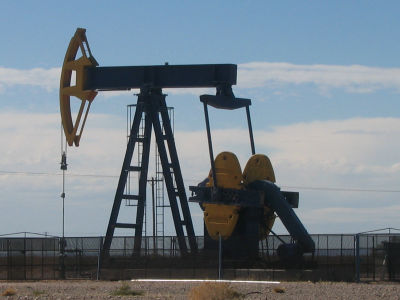Pointed out that the lack of supply of 'copper' hinders the spread of electric vehicles

With the spread of electric vehicles (EVs), the demand for various electrical appliances such as smartphones is increasing, and the demand for metals used in batteries is increasing. Among them, MINING.COM, a mining news site, explains that 'copper', which is particularly required for the manufacture of EVs, may soon run out.
The looming copper crunch and why recycling can't fix it - MINING.COM
Global electric vehicle sales will reach 6.6 million in 2021, more than double the 3 million sold in 2020. By 2021, EVs will account for 9% of the global car market. From around 2025, demand for key battery metals will begin to outstrip supply, making EV battery manufacturing more expensive and slowing EV adoption, according to S&P Global's new in-depth analysis, The Future of Copper. It is possible.
Battery electric vehicles require 2.5 times more copper than standard internal combustion engine vehicles. Most of it is used in electric motors and some in batteries. However, the construction and expansion of copper mines has not progressed sufficiently to meet demand, and copper supply is sufficient to meet S&P Global's forecast that ``27 million EVs will be shipped annually by 2030.'' He said it may not be possible.

“Geologically speaking, there is enough copper in the world to meet demand, but not enough time,” notes MINING.COM. Although the amount of resources is sufficient, considering the existing production facilities and production volume, it seems that it is not possible to meet the rapidly increasing demand every year.
Based on existing scale, copper smelting production is expected to nearly double from 24.5 million tons in 2021 to over 47 million tons in 2035. However, it is still not enough, and it seems that there may be a shortage of more than 1.5 million tons in 2035 alone. Even more pessimistic projections suggest that by 2035 there will be a supply shortage of about 10 million tonnes per year.
According to MINING.COM, new copper mines take 10 to 15 years from approval to construction, and it's not uncommon for larger projects to take up to 20 years. ``Investments are about to be made in new mines,'' said Michael Gehring, president of the British Columbia Industrial Association in Canada, but to meet demand projections of 10 million tonnes needed 74 more of Canada's largest copper mines are needed, and even if permitting and construction of projects currently under development are accelerated, they are not expected to be enough to make up for the projected shortage of copper supply.

While the supply shortage of batteries due to lack of copper and lithium is noisy, attempts are also being made to cover it by recycling batteries. However, the recycling of the battery that 'resources cannot be completely recovered' is very costly, and even if the life is assumed to be 10 years, only 11% of the required metal can be recovered, supplying the necessary metal. It has also been pointed out that it is far from
Edward Chan, who runs a battery recycling business, said, 'Recycling is not the solution to EV demand. It will help with 10%, 20% of demand, but it will not solve it. We will reach the production target of EV. To do so, we must open more mines and improve the clean process of smelting.”
Related Posts:







